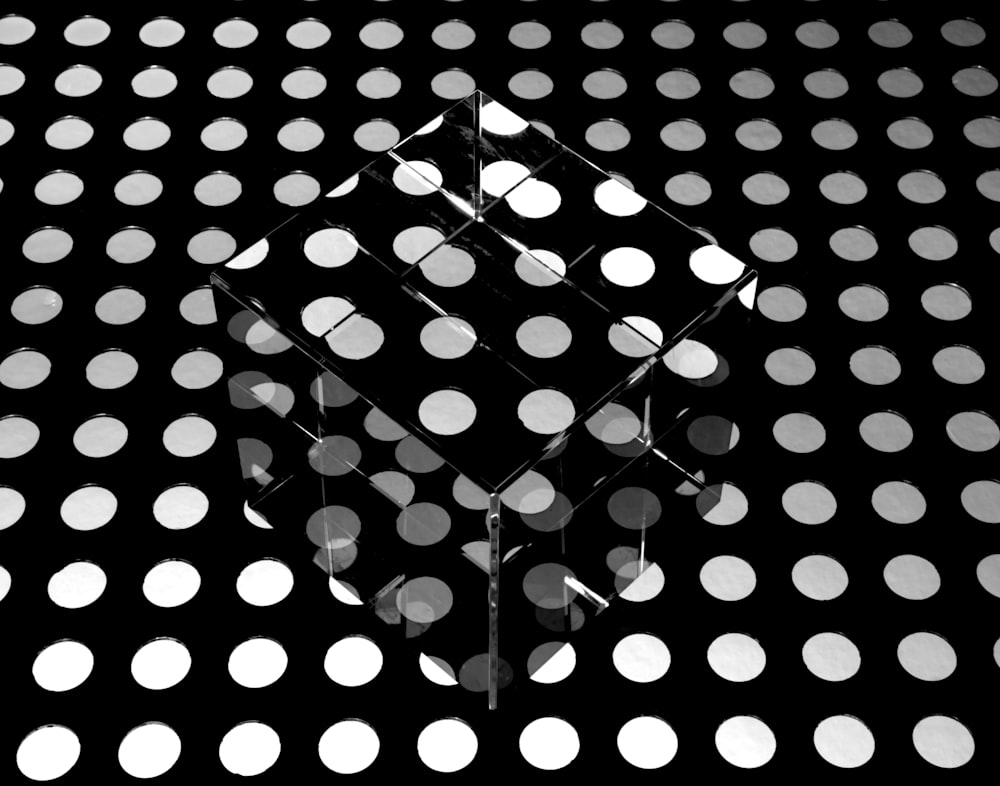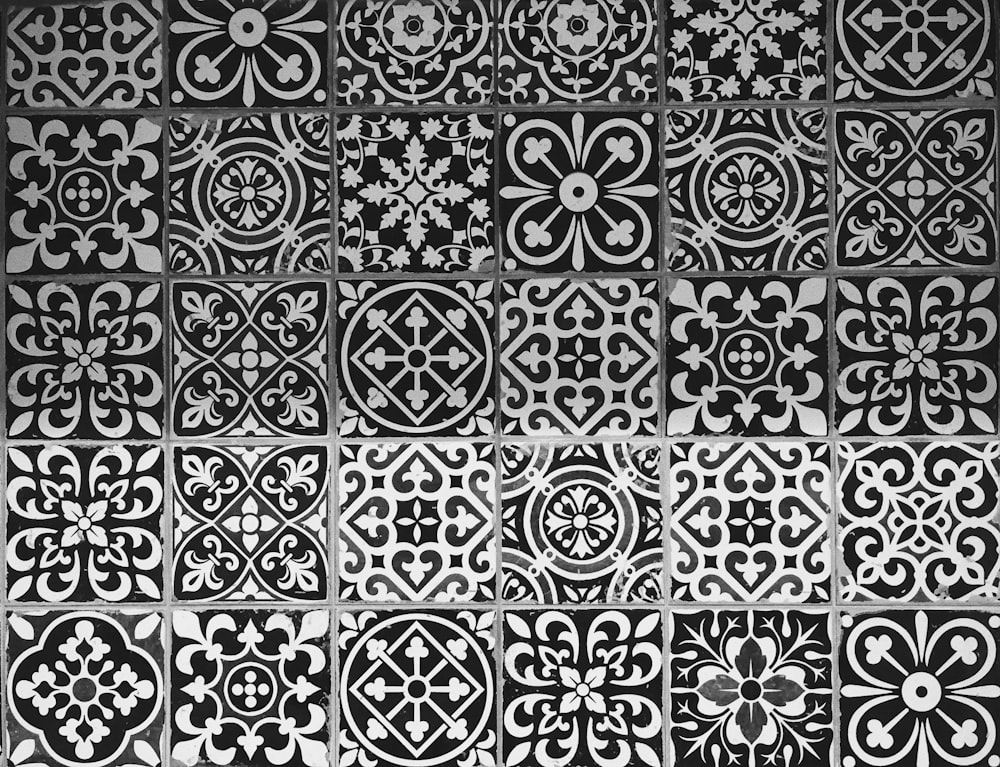‘What Was’

What Carl Jung said about Introverted Sensing Types:
The predominance of introverted sensation produces a definite type, which is characterized by certain peculiarities. It is an irrational type, because it is oriented amid the flux of events not by rational judgment but simply by what happens…the introverted type is guided by the intensity of the subjective sensation excited by the objective stimulus.
Above all, his development alienates him from the reality of the object, leaving him at the mercy of his subjective perceptions, which orient his consciousness to an archaic reality…he lives in a mythological world, where men, animals, locomotives, houses, rivers, and mountains appear either as benevolent deities or as malevolent demons…(He) has an amazing flair for all the ambiguous, shadowy, sordid, dangerous possibilities lurking in the background. The real and conscious intentions of the object mean nothing to it; instead, it sniffs out every conceivable archaic motive underlying such an intention. It therefore has a dangerous and destructive quality that contrasts glaringly with the well-meaning innocuousness of the conscious attitude.
What does Introverted Sensing (Si) do?
Introverted Sensing (Si) looks to the past in order to verify the current environment. In contrast to Ni, which is future thinking, Si looks backwards in order to ascertain if something is right/wrong, good/bad, safe/unsafe.
Types like the ISTJ and ISFJ that use Introverted Sensing as their dominant function, tend to view the world through impressions. This means that external objects provide internal feedback to the Si user. For example, walking into a room and seeing the game Cards Against Humanity will either provoke a memory tied to that game, or provoke uncertainty because there is no experience to draw from in order to get a reading.
In this way, new experiences can be daunting. However, familiar experiences aren’t necessarily comforting unless they’ve left a positive impression. A great experience at a restaurant leaves an imprint on the Si type that will have them coming back. A bad experience in a city will have them never returning.
Because they are constantly scanning the background of their experience, Introverted Sensing dominant users hardly ever make the same mistake twice. A mistake, especially if it was embarrassing, will not happen again. TRUST ME.
Si is sometimes referred to as the Memory function, though that doesn’t encapsulate the full range of it’s capability. More than simply having tremendous recall abilities, Si has the greatest barometer of what’s going on in the body. Si recognizes burnout, approaching sickness, and pain immediately. It’s highly attuned to the signals from the body and responds accordingly.

How Si Develops
Introverted Sensation in its healthiest form is prudent, measured, and reliable. It has the ability to recognize that new experiences are positive, and not treacherous and dangerous.
The Si user is the foundation of any great relationship, business, or society and keeps it grounded and stable. Introverted sensing won’t build society, but it surely maintains its longevity.
In its most unhealthy form, Si is stubborn, unmovable and — in the same vein as Ni– paranoid about impending doom. Introverted Sensing can be unwilling to change, adopt, or go “off script,” and the reasoning behind such stubbornness is not rational in the slightest. 20 years ago, if they owned a car that had a bad transmission, well, forever that brand is tainted.

“Change” is not a welcoming word to an unhealthy introverted sensor.
John Beebe, world renowned Jungian author and Typology professor, revealed in his book Energies and Patterns in Psychological Type, the ways in which each of the 8 cognitive functions develops.
For Si, it goes implementing-> verifying -> accounting
Put another way:
Implementing: Following tradition; the way things have always gone.
Verifying: Double and triple checking experience; making sure.
Accounting: Taking inventory of all data points; leveraging the best one
Introverted sensing reminds us what has worked. It keeps the score of our wins and losses. It desires to show us stability and safety to keep our homeostasis intact. Metaphorically, it’s the foundation of our psychological home, and gives us a place to stand firm.
When we choose to ignore it, we as individuals– and more broadly, as a society– are sorely misguided and lost at sea.
To book me for an MBTI session or learn more about me, find me here:
LinkedIn – https://www.linkedin.com/in/joe-arrigo/
YouTube –https://www.youtube.com/c/GhostofJung/videos
Website – https://www.advisrenterprises.com/
Blog – https://joe-recruiter.com/
Etsy – MBTI Art – https://www.etsy.com/shop/GhostofJung
Get on my email list here 👉 http://eepurl.com/htJ2XH👈
For any MBTI art sold through my Etsy store, I am donating 5% to anti-human trafficking causes. https://www.etsy.com/shop/GhostofJung























